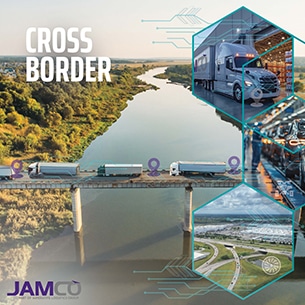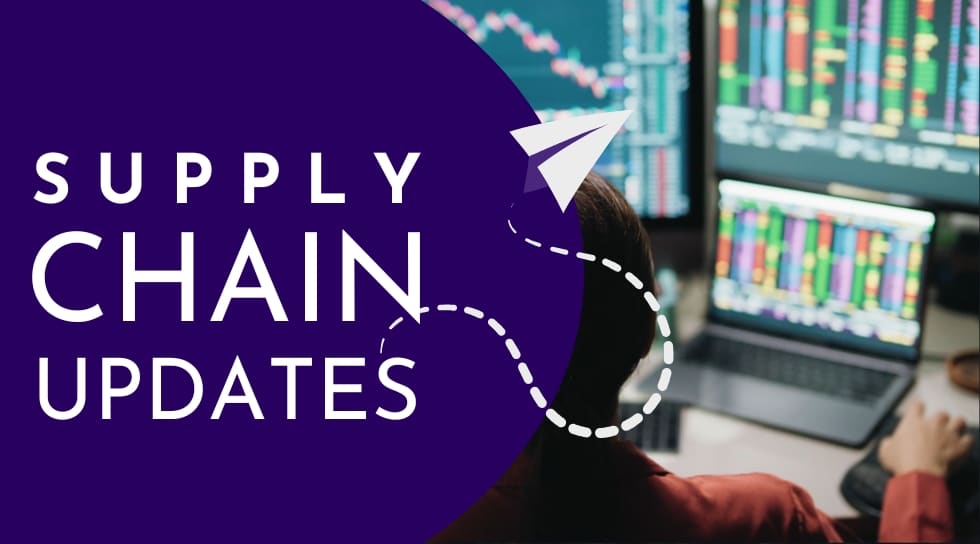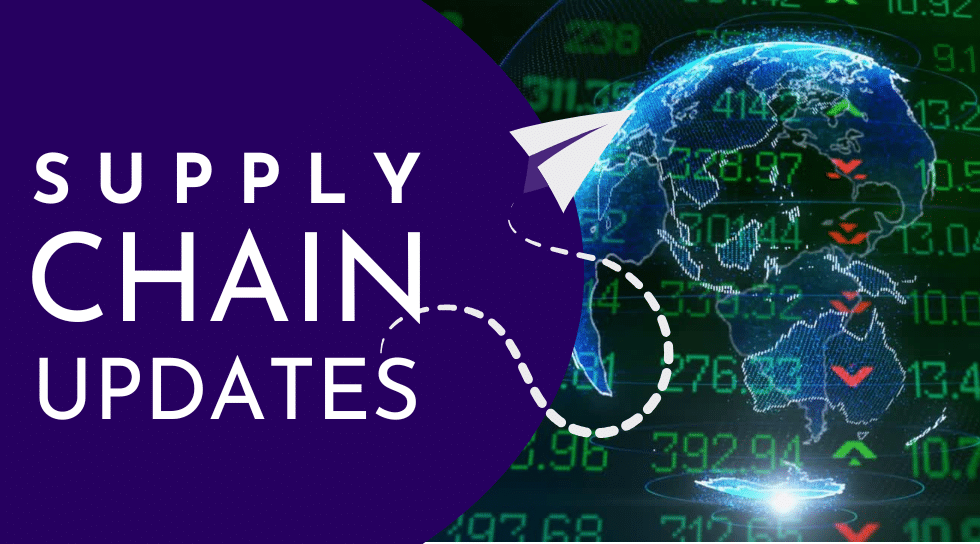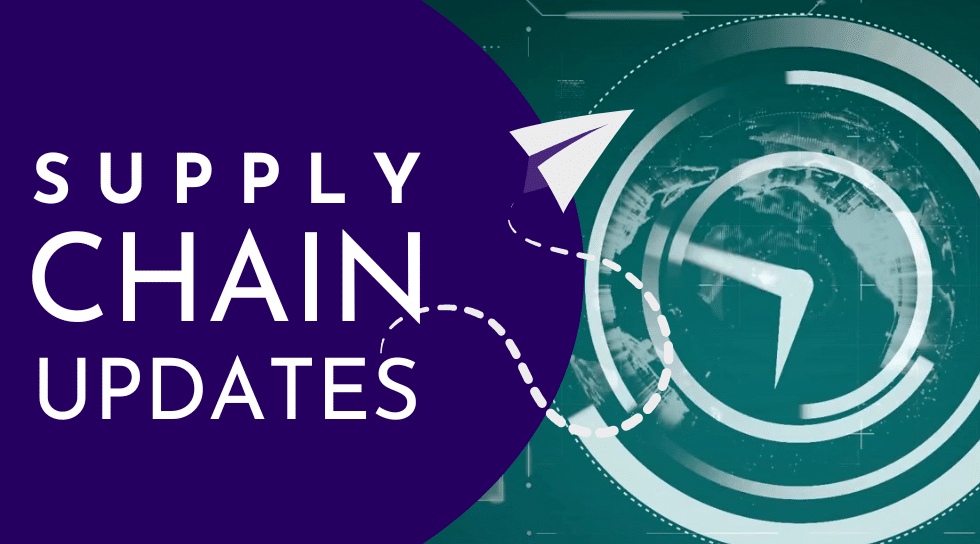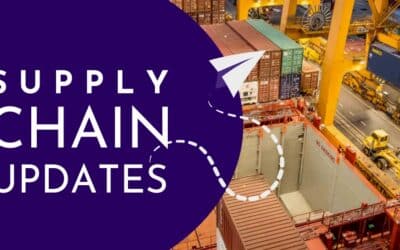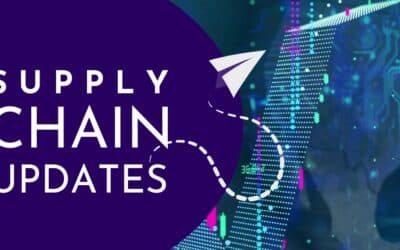Upcoming Key Dates:
- Oct. 14: Section 301 vessel fees begin ($120 per container, rising to $250 by 2028).
- Early Nov.: Possible new Sec. 232 tariffs on lumber, pharmaceuticals, semiconductors.
- First week of Nov.: Supreme Court oral arguments on IEEPA tariffs.
- Nov. 29: Expiration of Sec. 301 tariff exclusions.
- Gold Bars Tariff Exemption: The U.S. will no longer charge tariffs on gold bars coming from partner countries that meet specific trade agreements.
- New Tariff Exemptions via Trade Deals: A recent executive order created tariff exemptions for more than 45 product categories from countries with reciprocal trade agreements.
- Import Volumes Forecast to Decline: U.S. containerized imports are expected to fall steadily through year-end, with volumes anticipated to shrink by around 20% from summer peaks.
Here’s How Imperative Logistics Can Support You:
- Identify Duty Savings Opportunities: We analyze product classifications to see if your shipments qualify under the new tariff exemptions (e.g., gold bars, nickel, graphite, or other covered industrial inputs).
- Optimize Sourcing & Trade Routes: Provide guidance on shifting supply to countries with reciprocal trade agreements to take advantage of reduced or eliminated tariffs.
- Model Tariff Impact on Costs: Use forecasting tools to evaluate how rising tariff burdens could affect your landed costs and adjust inventory strategies accordingly.
- Proactive Import Planning: Help customers time shipments to avoid year-end congestion, ensuring resilience as container volumes decline and trade patterns shift.
View the latest Tariff Information:
Stricter emissions rules set for 2030 are likely to drive a faster shift toward alternative fuels in shipping.
Supply chains may face higher sustainability costs, but we help customers prepare with future-ready asset options.
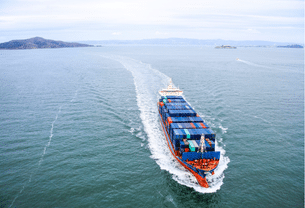
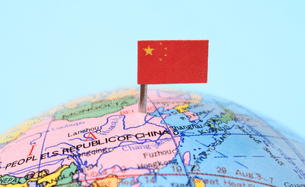
China is updating its foreign trade law for the first time since 2004 to address global trade tensions.
The changes would enable new tools like export controls, trade bans, and supply chain adjustments.
Aerospace supply chains are improving, but engine and cabin part delays persist.
We help importers stay ahead with alternate sourcing, smarter routing, and inventory planning.
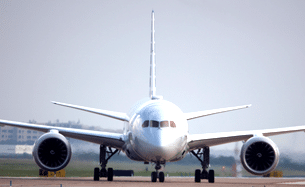
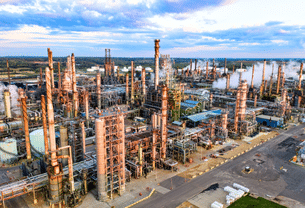
U.S. tariffs are adding pressure to the global petrochemical market and could cause trade to fall by another 15% if they continue.
Importers may face higher costs and tighter sourcing options, especially those reliant on non-asset producers who are more exposed to volatility and uncertainty.
“While eliminating tariffs is often impossible, we focus on reducing customers’ financial impact, sometimes by millions of dollars, through strategic planning, compliance optimization, and tailored supply chain solutions.” – Rahul Oltikar, President, Cross-Border, Mexico Business News
The approach goes beyond customs clearance. It’s about turning challenges like tariffs and inspections into competitive advantages. Full story here.
